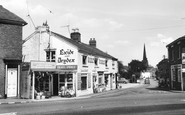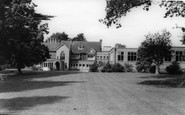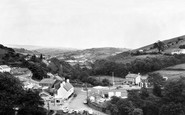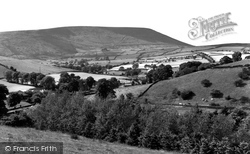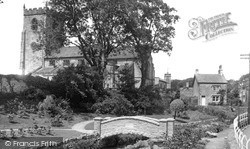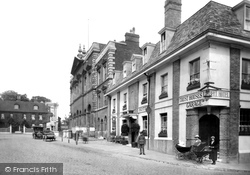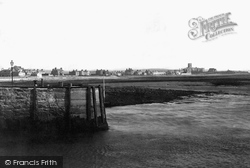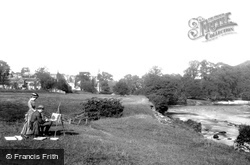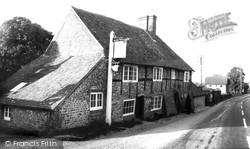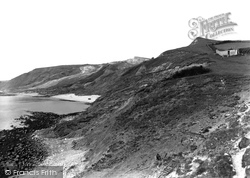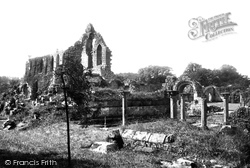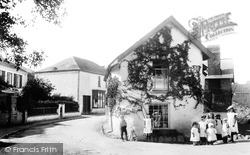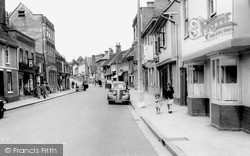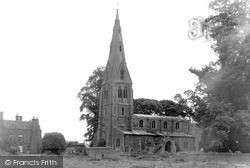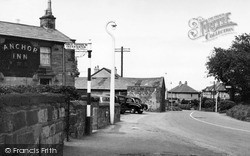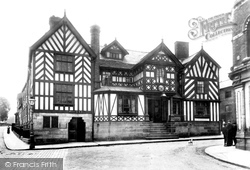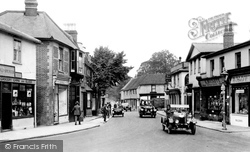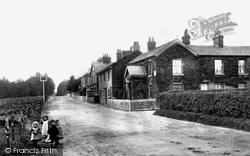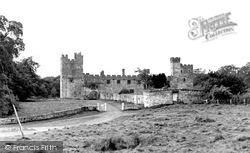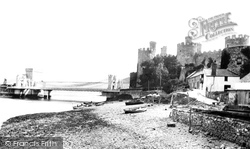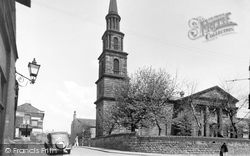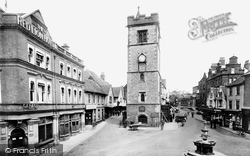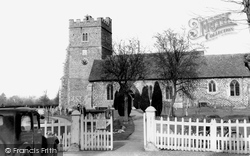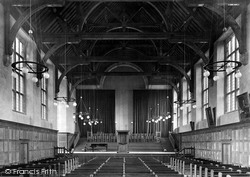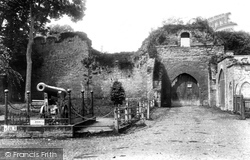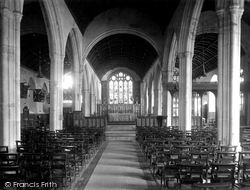Places
Sorry, no places were found that related to your search.
Photos
Sorry, no photos were found that related to your search.
Maps
1 maps found.
Books
Sorry, no books were found that related to your search.
Memories
826 memories found. Showing results 71 to 80.
Bellis Cafe
The hot summer of 1976 - I was 16 and studying for my O levels in between minding the shop for my adopted parents Bert and Mary Belli. Our cafe was one of two Belli cafes in the town, but of course I always thought ours was superior ...Read more
A memory of Blaenavon in 1976 by
Benfield, Barmore And Verona
I was born in Benfield Street in 1946. We lived in a house which was condemned due to either bomb damage or shock, as there were large splits in the basement walls. My first memories of the street were playing ...Read more
A memory of Battersea
Bert Price''s Shop
Bert Price's Shop was at the top of our street - Church Street. Bert Prices' shop sold anything and everything. From household buckets and dusters to DIY tools, firewood, fire lighters and paraffin for the heater in our ...Read more
A memory of Davenham in 1970 by
Bicycle Shop In Denmark Street
When I lived in Wokingham in the 1950s, I remember a double fronted cycle shop on Denmark Street (next door to the entrance to some sort of meeting hall?) - you can just see part of the hanging sign for the shop in ...Read more
A memory of Wokingham by
Bill Walker
Came across this picture of the Franscican convent. I went there as a boarder as a 4 year old and still shudder at the awful memories I had. Brutal nuns, punishments with a bamboo cane. Hanging out wet sheets on cold mornings. Forced fed ...Read more
A memory of Copthorne by
Birkenhead In The 1950s
Birkenhead in the 1950s – it bears no resemblance to how it is today – it does’nt even look the same. Most of the places I remember are gone. The streets where I grew up have gone – the geography of the place has ...Read more
A memory of Birkenhead by
Birkenhead In The 1950s
Birkenhead in the 1950s – it bears no resemblance to how it is today – it doesn't even look the same. Most of the places I remember are gone. The streets where I grew up have gone – the geography of the place has changed ...Read more
A memory of Birkenhead by
Birling School
The Headmistress of Birling School was Miss Bragger who lived in the schoolhouse a few steps from the porched door of the school. Miss Bragger taught the 7-11 year mixed classes. Mrs Dyke had charge of the 5-7 year olds, she had the ...Read more
A memory of Birling in 1920 by
Blackhill In The 1940s
I was born at Dixon Street, Blackfyne, Blackhill, County Durham. My memories are from when I started school in 1943 at the Tin Mill School, Derwent Street, Blackhill, as far as I remmember I did not like it. ...Read more
A memory of Blackhill by
Blackmill
My name is Beth McMillan - Mckay then. Now living in New Zealand. We lived in Glyn-Llan but I spent many a hour walking up and down that road to Blackmill, getting the shopping in the Co-op and little shop/post-office on the corner. ...Read more
A memory of Blackmill by
Captions
231 captions found. Showing results 169 to 192.
The ancient name for the village is Barelegh (meaning 'wasteland'), but lush meadows now support flocks of sheep.
Coronation Gardens commemorate the crowning of Queen Elizabeth II. The flower beds are a riot of colour in high summer; they lie alongside the stream that runs through the main street.
To the right of County Hall is the Bell Hotel, a Regency building which was recast in 1919 with the addition of a dormered roof storey.
Near the college is Hango Hill, the scene in 1663 of the execution of the Manx patriot William Christian (Illian Dohne) for his role in the rebellion of 1651.
In the background are the romantic ruins of the Augustinian priory, and to the right are the tumbling waters of the River Wharfe.
Houghton is a hamlet with a long stone bridge across the tidal River Arun.
We are looking westwards to the snout of Goggin's Barrow (right), Black Head (centre), and Redcliff Point (left) above Weymouth Bay.
Lying peacefully on the banks of the Ure, the land was given to the monks by Conan, son of Alan the Red, who built Richmond Castle.
As much as any other, this view illustrates the timelessness of North Devon.
The higgledy-piggledy row of pubs, shops and dwellings has hardly changed over the years.
Here we see Warboys church, with the 17th-century Dutch-influenced manor house next door.
The Anchor Inn (left) is a solid sandstone building, and its contents have refreshed the inhabitants of Irby for over 100 years.
Later photographs from the 1950s show no change to the building apart from the addition of a hanging sign at the front, and the replacement of the gas lamp-post with an electric, concrete one.
In the background are the romantic ruins of the Augustinian priory, and to the right are the tumbling waters of the River Wharfe.
This view, showing the centre of Ewell village, was taken looking north towards the Horse Pond and Spring Corner, and includes several splendid examples of the motor vehicles of the period.
Four small children watch the photographer with interest as he immortalises this stretch of Wharf Road.
A minor 14th-century castle, Naworth stands on a triangular piece of land by the river Irthling with deep ditch defences on three sides and a moat and drawbridge on the fourth.
There are mussel beds at the mouth of the river, while freshwater oysters found upstream have been famous for their pearls. Telford's 1826 bridge measures 327 ft long.
The spire of St Peter's Church can be seen from all parts of Horbury.
A rare surviving example of an English belfry, the Clock Tower, built in 1411, stands at the centre of the city with the narrow mediaeval street of French Row on its left and the wider Market Place on
The east window stained glass is from about 1840.
The fine and spacious interior was poor acoustically although in 1941 over 800 people crammed into the hall for the entire London Philharmonic Orchestra conducted by Sir Malcolm Sargent.
Perched on its cliff overlooking the rivers Teme and Corve, Ludlow was built in a strategic location on the Welsh borders.
A similar view to the one above, but this follows work carried out to the chancel by Sir Charles Nicholson in 1932. Note also the new screen on the right for the Lady Chapel.
Places (0)
Photos (0)
Memories (826)
Books (0)
Maps (1)

